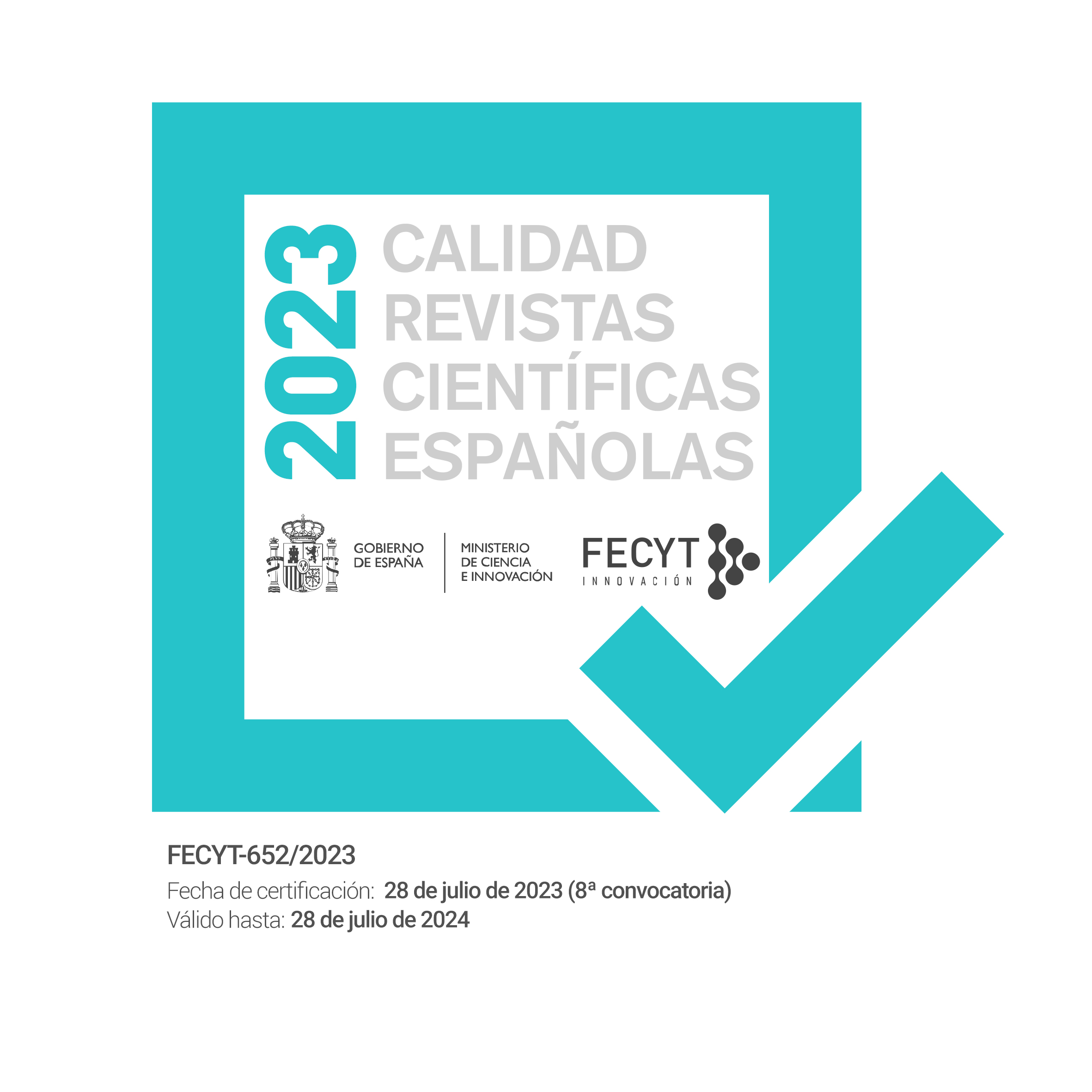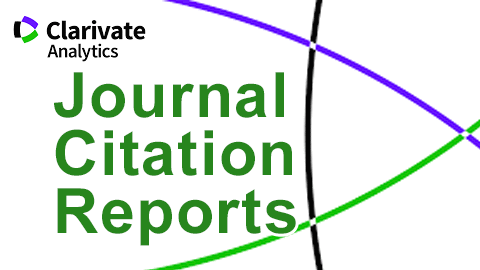Categorizing goals in L2 learning in methodological implications: A case study
Keywords:
Language learning, instrumental/integrative orientation, Spanish contextAbstract
Abstract. This research represents an investigation of the goals in L2 learning and attempts to link empirical findings to English language programme planning and pedagogy. Following a critical analysis and evaluation of the most representative research on the topic to date, the results obtained from the empirical analysis carried out with 352 users of English as L2 are explained and discussed in light of the Spanish context.Goals in L2 learning are classified into four different profiles: two traditional ones which account for the «integrative» and «instrumental» reasons, and two new ones, labelled as «discoverer» and «practically minded,» which turned out to be the most representative and illustrative profiles defining the context studied.
The results allow us (i) to question the traditional strict instrumental-integrative dichotomy, (ii) to get a closer and more detailed view of our students Ì goals, needs and interests, and (iii) to propose some implications for the language classroom.
Key words: Language learning, instrumental/integrative orientation, Spanish context.
Downloads
Published
Issue
Section
License
Attribution - Non-commercial (CC BY-NC). Under this license the user can copy, distribute and publicly display the work and can create derivative works as long as these new creations acknowledge the authorship of the original work and are not used commercially.
Authors retain the copyright and full publishing rights without restrictions.








